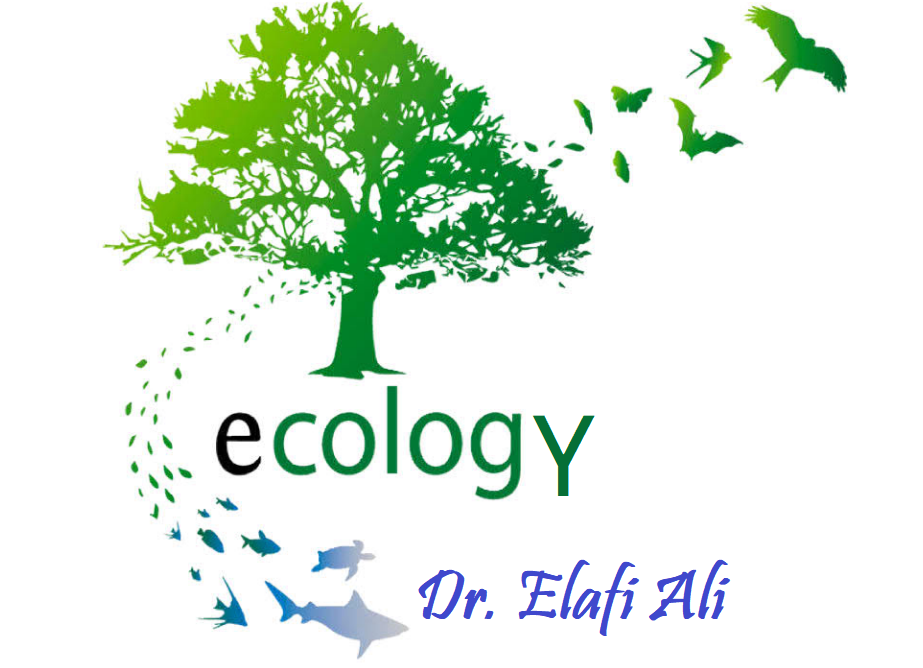
Ecology is the branch or aspect of biology that studies the biota (living things), the environment, and their interactions. It comes from the Greek oikos = house; logos = study.
Ecology is the study of ecosystems. Ecosystems describe the web or network of relations among organisms at different scales of organization. Since ecology refers to any form of biodiversity, ecologists research everything from tiny bacteria in nutrient recycling to the effects of tropical rain forests on the Earth's atmosphere. Scientists who study these interactions are called ecologists.
Chapter 1: Principles and Scope of Ecology
Definition and scope of ecology
Levels of ecological organization: species, population, community, ecosystem, biosphere
Ecological methodology and research approaches
Chapter 2: Ecological factors concepts
-Role of ecological factors in population regulation
-Concept of ecological optimum
- Ecological tolerance
- Ecological niche
Chapter 3: Abiotic and Biotic factors of an ecosystem
Abiotic: Climate, soil, water
Biotic :Species interactions: competition, predation, mutualism, parasitism
Chapter 4: Food webs and Trophic pyramids
Ecosysteme structure (producers, consumers and decomposers)
Chapter 5: Flow of energy and cycling of materials
Ecosystem Ecology(primary production, Biogeochemical cycles, Evolution of ecosystems and the concept of climax)
Chapter 6: Ecologicale crisis (Greenhouse effect, Eutrophication, acid rain, ozone hole)
- Teacher: ali elafri